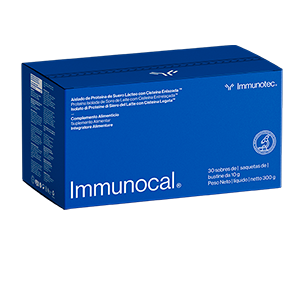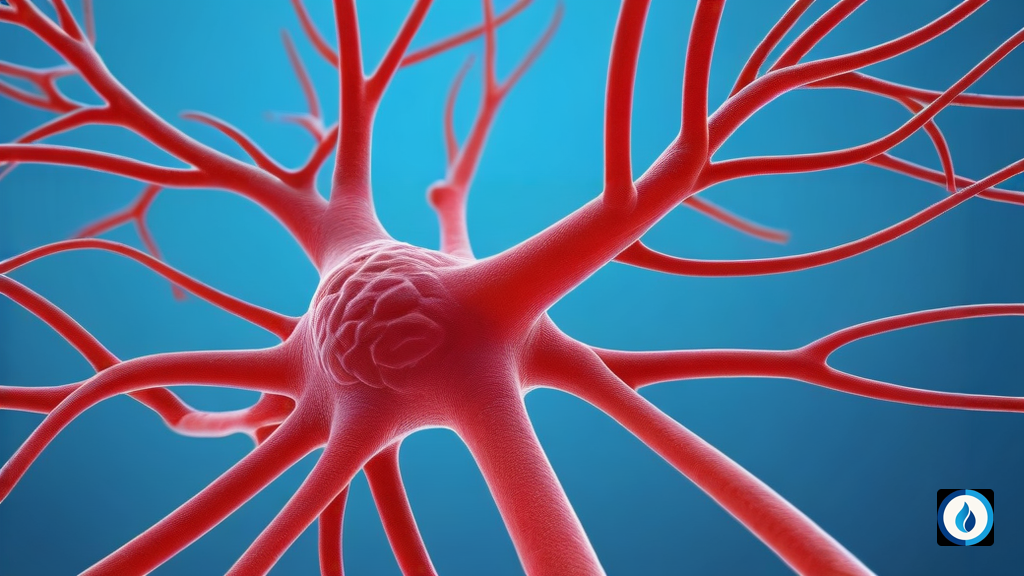Introduction
Neurodegenerative diseases pose significant challenges to modern medicine, with conditions like amyotrophic lateral sclerosis (ALS) leading to devastating outcomes. The role of antioxidants, particularly glutathione (GSH), in combating oxidative stress and neurodegeneration is a topic of growing interest.
The Quest for New Therapeutics
In the pursuit of new therapeutic strategies for ALS, a novel non-denatured whey protein supplement rich in cystine, known as Immunocal®, has emerged as a potential game-changer. Cystine is a precursor to GSH and has the capacity to enhance GSH levels, which are crucial for combating oxidative damage in neurodegenerative diseases.
Research Findings and Clinical Implications
Studies in transgenic ALS mouse models have revealed promising results with Immunocal® supplementation, showing a significant delay in disease onset and preservation of muscle strength. Notably, Immunocal® prevented GSH depletion in both blood and spinal cord tissues, highlighting its neuroprotective potential.
Experimental Insights
Immunocal: a potential therapeutic for ALS

- Improves glutathione (GSH) levels, crucial for combating oxidative stress
- Delays disease onset and preserves muscle strength in ALS mouse models
- It prevents the depletion of GSH in the blood and spinal cord tissues
- It maintains tissue GSH levels but may not fully rescue mitochondrial GSH depletion
- Shows promise in combination therapies with other ALS treatments
Investigations into the mitochondrial GSH levels in ALS mice shed light on a critical aspect of disease progression. While Immunocal® sustained tissue GSH levels, it failed to rescue mitochondrial GSH depletion, possibly explaining its limited impact on overall survival.
Combination Therapies and Future Directions
Exploring combination treatments, such as Immunocal® with riluzole, revealed complementary effects on disease onset and survival. This underscores the importance of multifaceted approaches in tackling complex neurodegenerative disorders.
